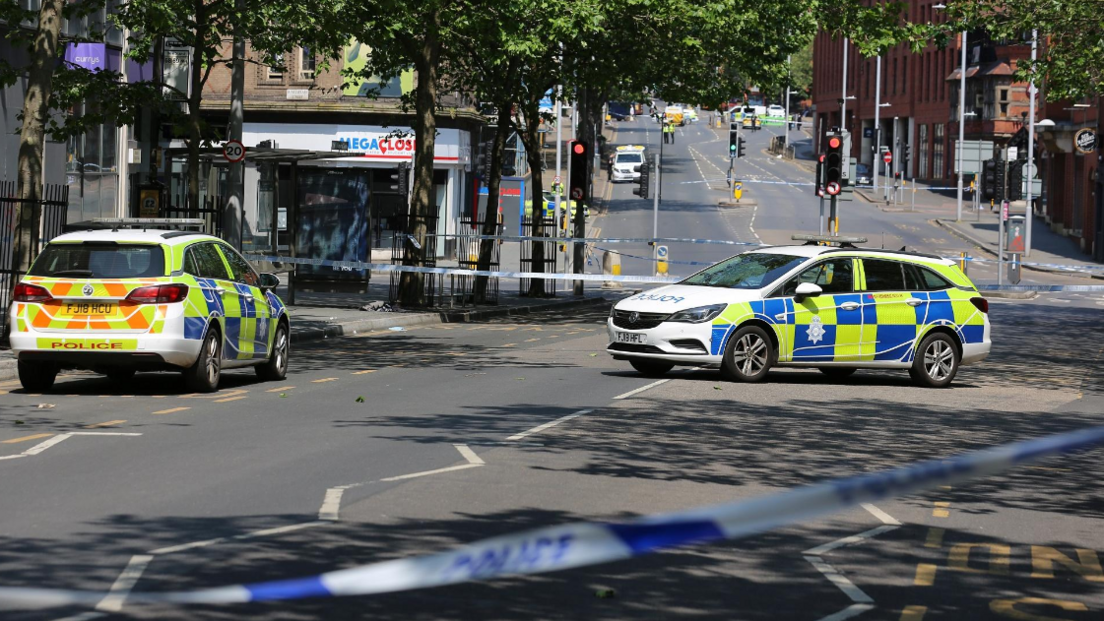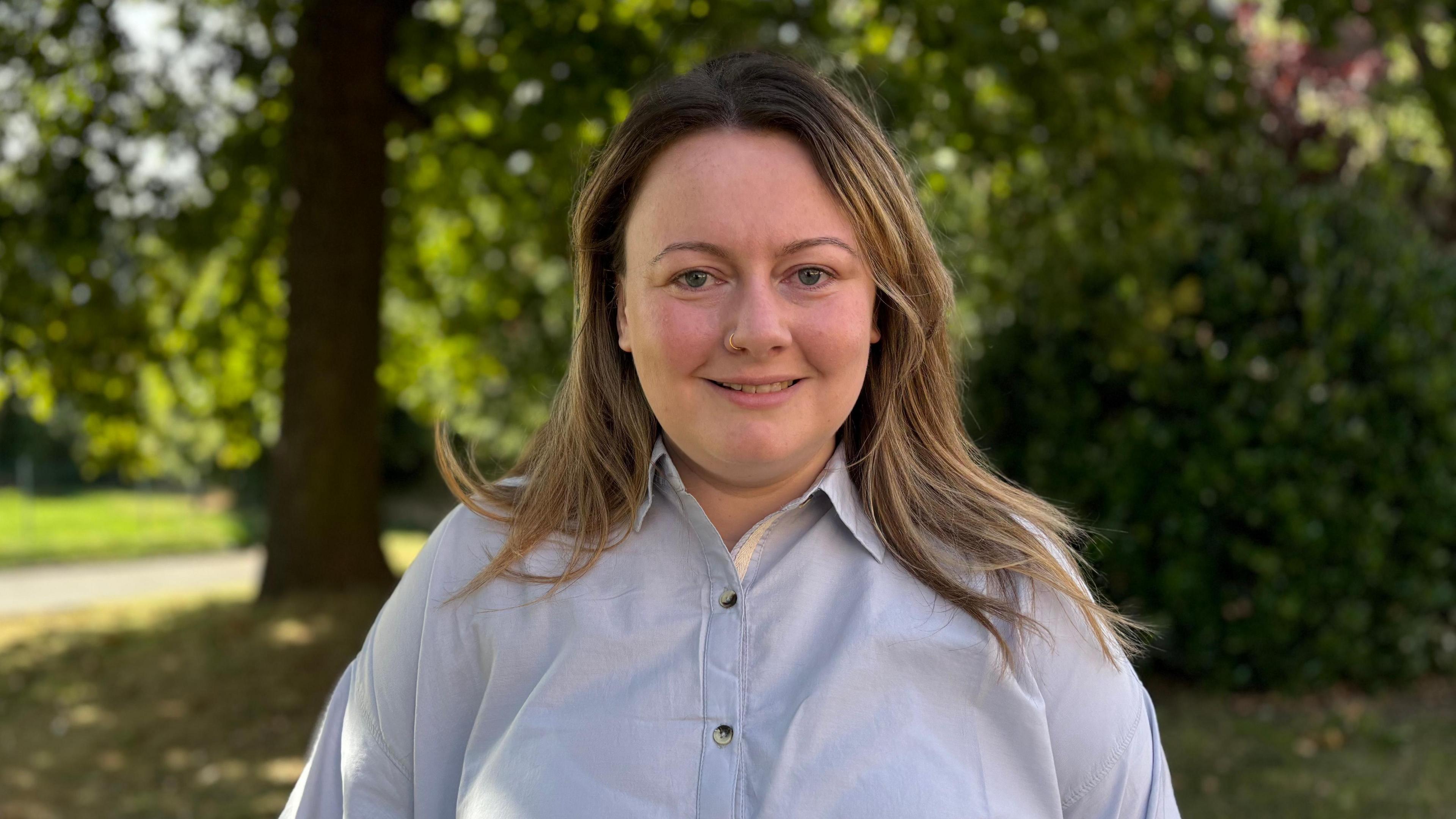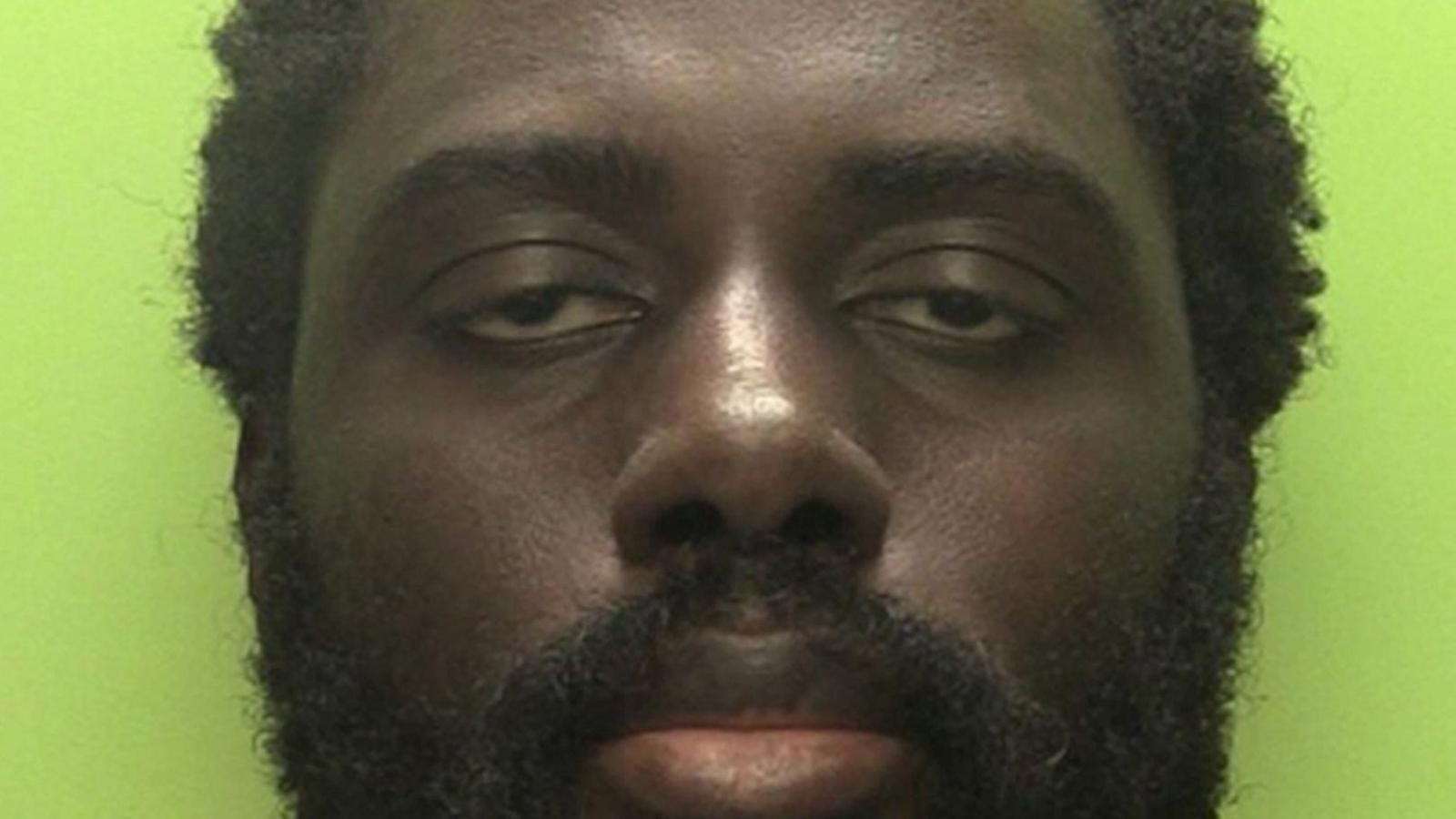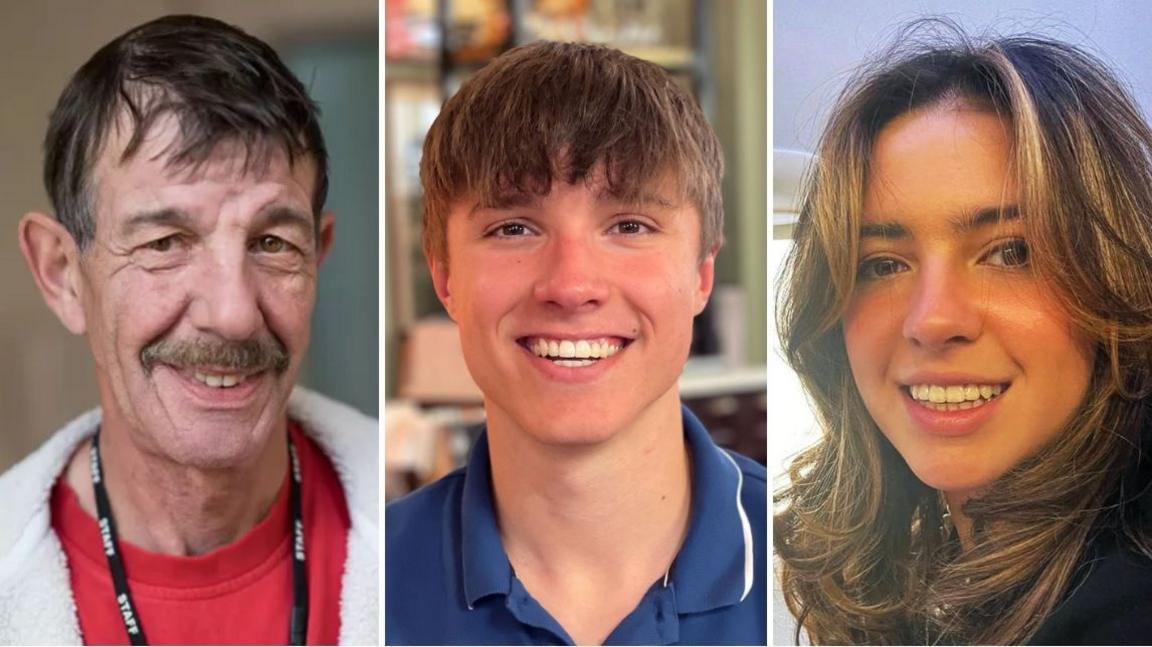CQC 'gave legitimacy' to trust before Nottingham attacks

Valdo Calocane killed three people in June last year
- Published
The Care Quality Commission "provided legitimacy" to the mental health services which treated Nottingham attacks killer Valdo Calocane, a health official has claimed.
Barnaby Webber and Grace O'Malley-Kumar, both 19, and 65-year-old Ian Coates were killed by Calocane, who was psychotic and suffering from paranoid delusions, on 13 June 2023.
A review published by the CQC on Tuesday found "a series of errors, omissions and misjudgements" by the Nottinghamshire Healthcare NHS Foundation Trust.
In a post on X, Nottingham City Council health scrutiny chair and Labour councillor, Georgia Power, said the regulator failed to listen to concerns.
She added: "It is not good enough to come in with a damning report after years of providing legitimacy through 'Outstanding' 'Good' or even 'Requires Improvement' judgements to failing services."
The CQC said it had not rated the Trust higher than 'Requires improvement' for the last five years.
Ms Power said she doesn't think the regulator has been inspecting services properly.
"If you can't trust the Trust to ensure this is right, then you trust the regulator to come in and inspect those services to make sure they're good, safe, and providing the care people need, and they haven't done that in my opinion."

Georgia Power says the CQC hasn't inspected mental health services properly
The CQC's recently published rapid review details Calocane's contact with mental health services over several years.
It says after he was admitted to hospital in January 2022, it was known he "posed a risk to others during periods of relapse".
He was discharged in February 2022, but the review says it "could be considered a missed opportunity not to detain him" given what was known about his condition.
Three months later, after a routine inspection, the CQC upgraded the trust's rating for forensic inpatient or secure wards from "Requires improvement" to "Good."
A CQC spokesperson said it has undertaken 11 inspections of mental health services at the trust since February 2020, alongside an inspection of how well led the trust was overall.
"The trust has not been rated higher than 'Requires Improvement' for that last five years and inspections in 2019 and 2022 found significant breaches that led to specific monitoring, oversight and engagement with the trust", they said.

Valdo Calocane was treated at the Nottinghamshire Healthcare NHS Foundation Trust
They added that since the publication of the first part of the rapid review in March, "ongoing monitoring" of the trust has taken place.
Ms Power says she was also previously a patient at the Nottinghamshire Healthcare NHS Foundation Trust herself, and feels she wasn't listened to.
"When I was complaining about incidents that had happened, some of them quite significant, it very much felt like I shouldn't be complaining and there would be consequences if I did complain."
Ifti Majid, chief executive of the trust, offered his "sincere apologies" to the families of the victims of the Nottingham attacks.
He said processes and standards had been "significantly improved" since the CQC review was carried out, with teams having "much more contact" with people waiting to be seen in the community.
"We have a clear plan to address the issues highlighted and are doing everything in our power to understand where we missed opportunities and learn from them," he added.
Follow BBC Nottingham on Facebook, external, on X, external, or on Instagram, external. Send your story ideas to eastmidsnews@bbc.co.uk, external or via WhatsApp, external on 0808 100 2210.
Related topics
Related internet links
See more
- Published13 August 2024
